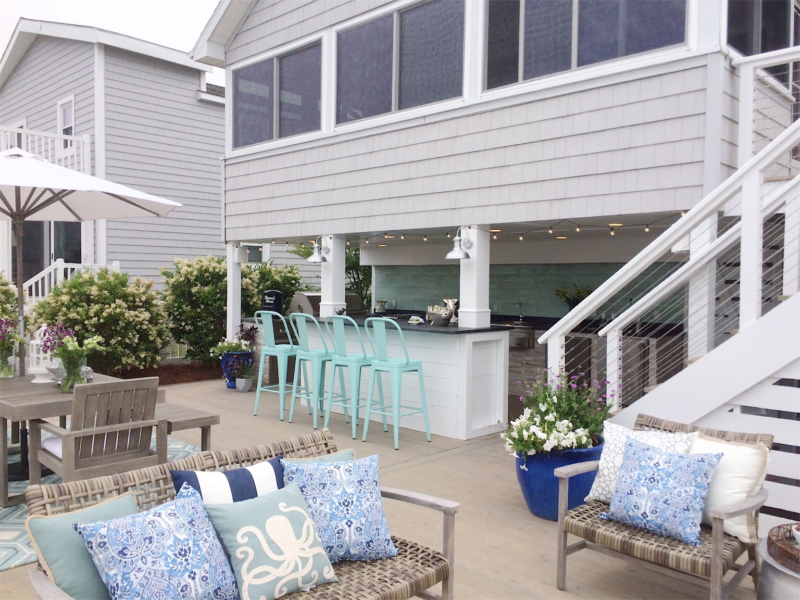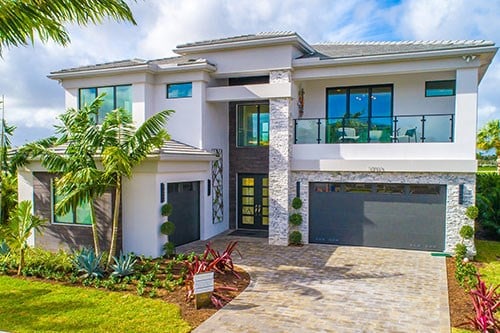Do I Need a Permit to Build a Tiny House on My Property?

Building a tiny house on your property can be an exciting way to downsize, embrace minimalism, or create an affordable housing solution. However, before laying the foundation, it’s crucial to understand the legal requirements involved. One of the most common questions people ask is: Do I need a permit to build a tiny house on my property? The answer isn’t always straightforward. Whether you need a permit depends on factors such as your location, zoning laws, the size of your tiny home, and whether it’s on wheels or a foundation. This guide dives deep into everything you need to know, helping you avoid costly mistakes and ensuring your tiny home dream complies with local regulations.
Understanding Tiny House Building Permits
What Is a Building Permit?
A building permit is an official approval issued by local government authorities allowing you to construct or modify a structure on your property. It ensures the project complies with safety, zoning, and structural standards.
Why Permits Are Important
- Ensures structural safety
- Guarantees compliance with zoning regulations
- Protects property value
- Avoids legal penalties or fines
Factors That Determine If You Need a Permit
1. Type of Tiny House: Wheels vs. Foundation
- Tiny Houses on Wheels (THOWs): Typically classified as recreational vehicles (RVs). You may not need a traditional building permit, but RV parking and living restrictions often apply.
- Tiny Houses on Foundations: Almost always require a building permit since they are treated like permanent structures.
2. Zoning Laws and Land Use Regulations
Zoning laws dictate how land can be used. These rules vary by city and county and impact:
- Minimum lot size requirements
- Whether tiny homes are allowed as primary residences
- Placement on rural vs. urban land
3. Size and Building Codes
Tiny homes under 400 square feet often fall under different codes. However, certain regions require adherence to the International Residential Code (IRC), which sets safety and habitability standards.
Tiny House Zoning Categories
Primary Dwelling
If your tiny house is your main residence, you will almost always need a permit.
Accessory Dwelling Unit (ADU)
When adding a tiny house alongside your primary home, ADU laws typically apply. Permitting requirements depend on:
- Maximum square footage
- Utility hookups
- Property setback rules
Temporary Structures
Some municipalities allow tiny homes as temporary living spaces or vacation units. These often have looser permitting rules but shorter allowed occupancy periods.
Steps to Obtain a Building Permit for a Tiny House
1. Research Local Laws
Check your city and county zoning regulations before starting construction.
2. Prepare Detailed Plans
Include architectural drawings, material lists, and utility hookup plans.
3. Submit an Application
Provide your plans, proof of property ownership, and payment for applicable fees.
4. Schedule Inspections
Once your permit is approved, expect inspections during and after construction to ensure compliance.
Common Challenges and How to Overcome Them
Strict Zoning Restrictions
Solution: Consider building in rural areas or tiny-house-friendly communities.
Utility Hookups and Codes
Solution: Plan for off-grid solutions like composting toilets or solar panels if traditional hookups are unavailable.
HOA Restrictions
Solution: Always review your homeowners’ association rules before starting construction.
Frequently Asked Questions
1. Can I live in a tiny house without a permit?
Living in a tiny house without a permit can result in fines, eviction, or forced removal of the structure.
2. Are tiny houses legal everywhere?
No, tiny homes are not universally accepted. Always check local zoning ordinances.
3. How long does it take to get a permit?
Depending on your municipality, obtaining a permit can take anywhere from a few weeks to several months.
4. Do off-grid tiny homes need permits?
In most areas, yes. Even off-grid homes typically require permits if they are permanent structures.
Conclusion
Whether you need a permit to build a tiny house on your property depends on several factors, including your location, zoning regulations, and the type of structure you plan to build. Taking time to research local laws, prepare thorough plans, and secure the proper permits can save you from legal complications and unexpected expenses. If you’re serious about your tiny living journey, start by contacting your local building department to understand the exact requirements for your property.




